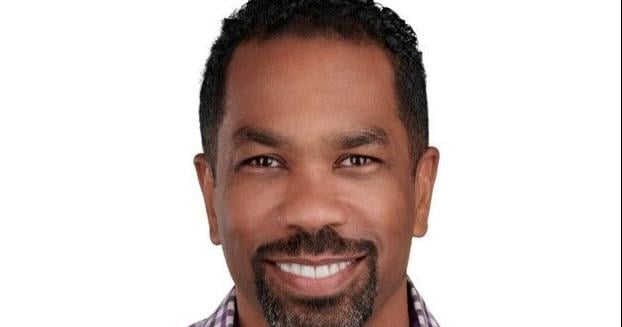Tulsa is hot, and it’s not just the heat.
In the last 12 months, Mercury has backed two startups, Volt and Medefy, from this up-and-coming tech hub, confirming what I and many others have begun to recognize: Tulsa’s technology landscape is on fire.
The U.S. Department of Commerce’s Economic Development Administration (EDA) officially acknowledged this in October 2023, naming Tulsa as one of 31 inaugural Tech Hub regions, a testament to its rapid growth potential in key technology sectors.
Butler
As part of the recognition, the Tulsa Hub for Equitable & Trustworthy Autonomy (THETA) was awarded a $51 million grant, demonstrating proof of this momentum and serving as a catalyst for further development.
People are also reading…
The influx of talent to the region, spurred by programs like Tulsa Remote, which incentivized professionals to relocate with $10,000 offers during the COVID-19 pandemic, has only added to the vibrancy and growth of Tulsa’s tech ecosystem.
At the heart of Tulsa’s growth are the risk-takers — entrepreneurs and angel investors who have embraced the challenge of building something from the ground up. Tulsa founders are visionary, coachable, and capital efficient.
They understand the resource constraints of operating outside major tech hubs like the San Francisco Bay Area, New York, or Boston, which makes them hungry for guidance and eager to leverage the expertise of seasoned investors.
This down-to-earth approach, a unique attribute of founders operating in the middle of the country, has resulted in a community of founders who are not merely chasing unicorn status but are instead focused on building meaningful, sustainable businesses.
Additionally, since the great migration of COVID, Tulsa has continued to attract senior executives from big tech companies, such as Microsoft and Adobe, transporting invaluable experience to the local ecosystem.
The growth of Tulsa’s technology ecosystem is further supported by the infrastructure that has emerged to help foster innovation.
Early-stage capital from angel investors and the involvement of organizations like the George Kaiser Family Foundation (GKFF), Atento Capital, I2E, and Endeavor have created a flywheel effect, attracting more Seed and Series A investors like Mercury to the region.
The influence of these organizations, along with entrepreneurial minds like Chris Wright — director of the Center for Innovation and Entrepreneurship at the University of Tulsa — have transformed Tulsa into an attractive hub for startups and investors alike.
The presence of “old money” in the city, traditionally invested in more conventional industries, is being redirected to support new tech ventures, helping to solidify Tulsa’s status as a thriving innovation ecosystem.
One of the most encouraging aspects of Tulsa’s tech boom is its emphasis on democratization and inclusivity.
The city’s innovation ecosystem has been designed to ensure that opportunities in tech are available to all, regardless of gender, race, or socioeconomic background.
Initiatives like the $10,000 Tulsa Remote grant (funded by the GKFF), which aims to increase the amount of people moving to Tulsa for above-living-wage jobs, helped to drive a significant amount people to Tulsa during COVID.
The progress being made through the GKFF-funded Build in Tulsa program, led by Ashli Sims, and Techstars Tulsa, led by Tre Baker, are part of a broader strategy to provide the best breed of resources and networks to entrepreneurs who have traditionally not had access to such opportunities.
On a more personal note, I have had the privilege of spearheading a unique partnership between the Innovation Center for Urban Entrepreneurship (iCUE), a Houston-based nonprofit that I helped co-found, and OSU-Tulsa/Build in Tulsa to educate and empower accredited investors, ultimately, contributing to the democratization of wealth creation in the Tulsa community.
Tulsa is not just lightning in a bottle — it’s a city on the rise, fueled by a community of founders, investors, and impactful organizations committed to building a robust tech ecosystem.
As a VC, my experience in Tulsa hasn’t simply been about writing checks. It’s about spending time in the community, building relationships, and establishing credibility with founders.
This is how Mercury has operated in Tulsa for the past few years, and it’s how we’ve found initial success. We plan to stick around — because Tulsa’s story is just beginning.
The Tulsa World is where your story lives
The Tulsa World newsroom is committed to covering this community with curiosity, tenacity and depth. Our passion for telling the story of Tulsa remains unwavering. Because your story is our story. Thank you to our subscribers who support local journalism. Join them with limited-time offers at tulsaworld.com/story.
Heath Butler is a partner at Houston-based Mercury Fund, where he focuses on investments in business-to-business software. Mercury has invested more than $9 billion in startups.
The business news you need
Get the latest local business news delivered FREE to your inbox weekly.
Copyright for syndicated content belongs to the linked Source link











